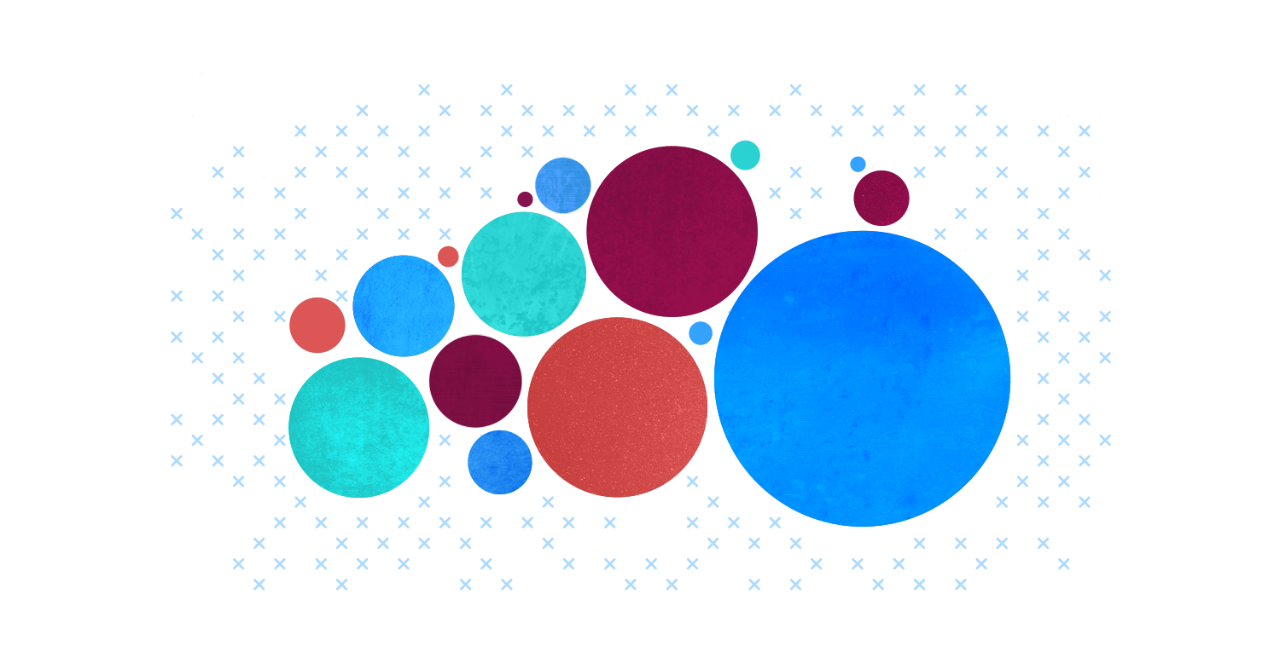USER STORIES
Looking beyond data to ask the big questions
Data science PhD candidate Jessica Rudd blends technology and social science to forge her own path.
GET TO KNOW ME
Name:
Jessica Rudd
City:
Atlanta, GA
Current position:
PhD candidate at Kennesaw State University in analytics and data science
I question things all the time. Data models focus on explaining accuracy, but I want to know why.

TOP 3 LESSONS
- Fundamentals are important, but accounting for certain biases is even more important.
- Find something unique that adds to the field you care about.
- If something is intimidating, be sure you know it well.
THE JOURNEY
Bachelor of Science
from Emory University in anthropology and political science.
Master’s degree
in public health.
First job
working for the Centers for Disease Control and Prevention in biostats.
Candidate for PhD
at Kennesaw State University in analytics and data science.
SEE THE BENEFITS
ON FIRST LEARNING SAS®
I first learned SAS in a technology lab in 2007. I really caught on [to the technology], but my social science background was still relevant. It remains the most important part of my career goal.
4
Earning a PhD at Kennesaw State University typically takes four years.
$113k
average salary of a data scientist, according to Glassdoor.
ON THE IMPORTANCE OF SOCIAL SCIENCE
I encourage students studying data science to pick up some electives or a minor in a non-STEM field. That kind of learning is important. There are so many people who are excellent mathematicians or programmers, but they haven't had to answer questions that deal directly with people or the end results of problems.
I don't know what the next trends in data science are, but I think what's relevant will be the ethics and legality of data science. This represents a time when we have mathematical and statistical knowledge and other information we get from data, but we need to determine what's okay and what's not okay.
MY STORY
Q: How did you get started in this field? Were you always interested in technology?
A: I was into math and science as a kid. I really wanted to be an astronaut, and at the time it seemed like the best route would be through a military academy – in my case the Naval Academy. But I stopped growing when I was 10 years old, so I was too short for a military flight. I decided to go pre-med, and I got interested in having a career in STEM. It helped that I was president of my high school robotics team, which definitely pushed me in that direction.
Q: What types of technology courses did you take in college? Was there one in particular that sparked your interest?
A: I went to Emory University for undergrad. I was the dumbest smart person I knew because I skipped the intro classes and took calc 2 and organic chemistry my first year. I got my first C, and it about ended my plan to go into a STEM career. I ended up majoring in anthropology and political science. The department at Emory is tied to the school of public health. I went straight through and got a master's in public health and studied epidemiology, which has a lot of math and statistics, so I was re-exposed to that type of thinking.
Read more of Jessica's story
Q: What happened after you graduated? Did you start a career, or continue your education?
A: After grad school, I worked for the CDC in biostatistics. I was a little frustrated that I couldn’t do as much as I wanted, but I also knew I didn’t want to get a PhD in biostatistics. One day I was driving down the I-75 corridor in Atlanta when I passed a billboard for an analytics and data science program at Kennesaw State University. It’s probably the only billboard I’ve passed that’s been that relevant to me. It was for their new program, and I got in touch with the director. I was onboarded in their second cohort.
Q: Did the PhD program help clarify what type of career you wanted to pursue?
A: It seemed like the right path because by that time I had a better idea of what I wanted to do. My life has a way of circling back on itself – I knew I wanted to learn new programming languages while using my social sciences background to account for certain biases.
Q: What’s some of the best advice you’ve received from an instructor or mentor?
A: I had an adviser who validated what I’d been thinking – that you have to find something unique that adds to the field you care about. I needed direction and confidence so I knew that what I was learning was valuable and made sense.
Q: In turn, what advice would you give to someone studying analytics?
A: You should never let someone completely dictate something that’s not interesting to you or that you don’t believe in. I also believe that when you know something, make sure you know it well. Be able to explain it to someone, and don’t be afraid to make it your own. If something is intimidating, be confident that you know it.
I feel like a data scientist is someone who can sit in the middle of a proverbial Venn diagram of understanding the math and statistics, and the program language, and the business needs – and be able to talk to the specialists in those areas so you can come together to produce some sort of change.
TOOLS FOR SUCCESS
Base SAS® Software
Flexible, extensible 4GL and web-based interface for data access, transformation and reporting.
SAS® Viya®
Extending the SAS Platform to enable everyone to collaborate and achieve results faster.
SAS® Certification
Get certified in SAS to validate your skills and set yourself apart.

Explore Amazing Careers in Analytics



